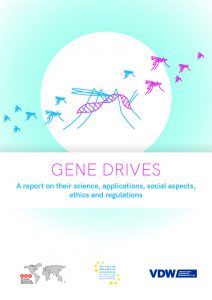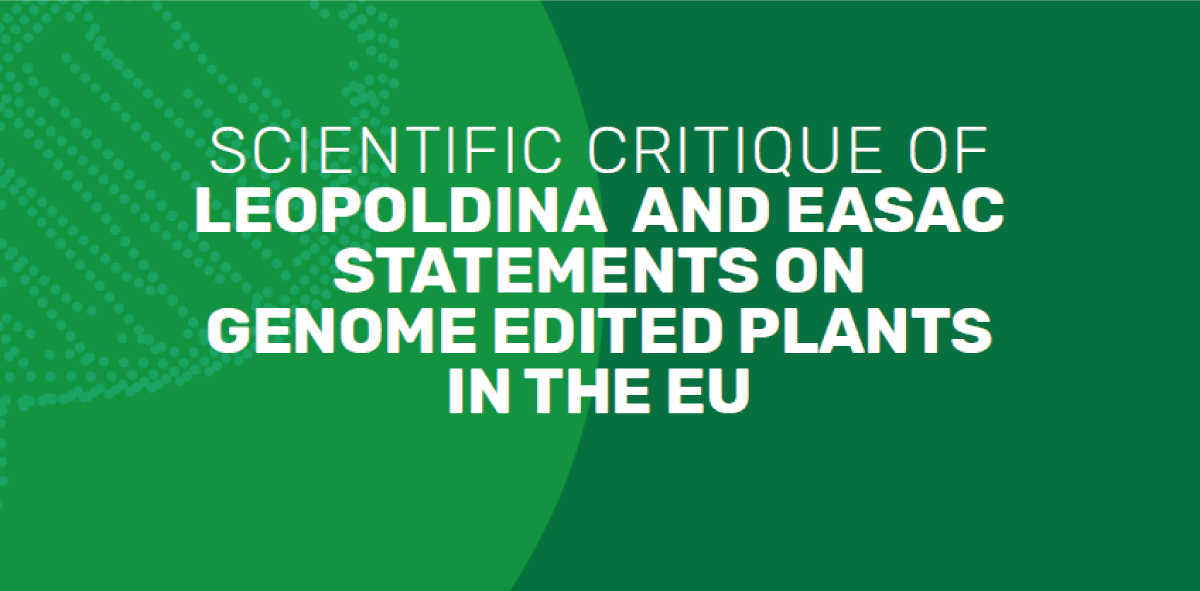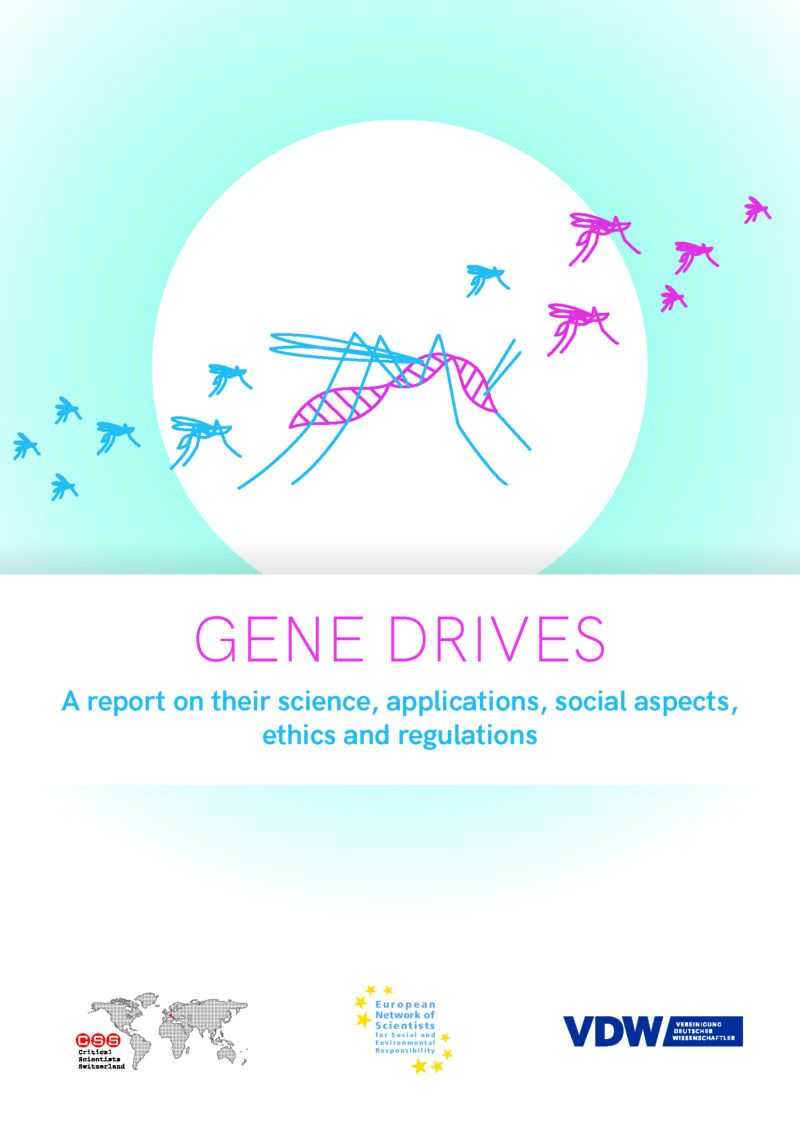
Open letter regarding Secondary legislation for the Genetic Technology Act
Letter by Michael Antoniou (Professor of Molecular Genetics and Toxicology Co-Director King’s College London) and Claire Robinson (GMWatch) Dear Minister Zeichner, Following your recent announcement of the government’s intention to proceed with secondarylegislation to implement the Genetic Technology (Precision Breeding) Act, we are writing to informyou that several elements must be included in the secondary … Read more




